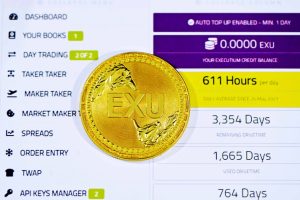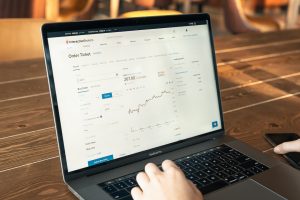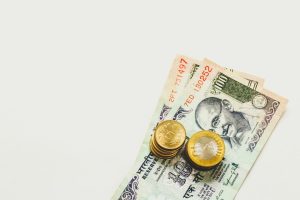The foreign exchange market, also known as forex, is the largest and most liquid financial market in the world. It is where currencies are traded, with a daily turnover of around $5.3 trillion. Many people wonder why there is so much money in forex, and this article will provide a detailed explanation.
One of the main reasons why there is so much money in forex is the sheer size of the market. The forex market is global, and it operates 24 hours a day, five days a week. This means that there is always a financial center open somewhere in the world, which allows traders to buy and sell currencies at any time. This continuous trading activity creates an enormous amount of liquidity, making it easy for traders to enter and exit positions quickly.
Another reason why there is money in forex is the high volatility of the market. Currency prices can change rapidly, sometimes within minutes or even seconds. This volatility creates opportunities for traders to profit from price movements, whether they are buying or selling a particular currency. Traders can use various strategies to take advantage of this volatility, such as technical analysis, fundamental analysis, and news trading.
Forex also offers high leverage, which allows traders to control large positions with a relatively small amount of capital. This leverage amplifies both profits and losses, so it can be a double-edged sword. However, when used wisely, leverage can help traders to generate significant returns on their investments.
In addition, forex is a global market, which means that traders can trade currencies from around the world. This allows traders to diversify their portfolios and reduce their exposure to any particular currency or region. For example, if a trader believes that the US dollar is going to weaken, they can sell USD and buy another currency, such as EUR or JPY. This diversification can help to reduce risk and increase returns.
Another reason why there is money in forex is the low transaction costs. Unlike other financial markets, forex brokers do not charge commissions on trades. Instead, they make money from the bid-ask spread, which is the difference between the buy and sell prices of a currency pair. The bid-ask spread is typically very low in forex, which means that traders can save money on transaction costs.
Finally, forex is a highly accessible market. Anyone with an internet connection and a computer or mobile device can trade forex. This accessibility has allowed forex to become a popular choice for retail traders, who can now access the same tools and strategies as institutional traders. Retail traders can also start trading with a relatively small amount of capital, which means that they can start generating profits with a low investment.
In conclusion, there is money in forex because of its size, volatility, leverage, global reach, low transaction costs, and accessibility. These factors create a highly liquid and dynamic market that offers opportunities for traders to profit from currency price movements. However, forex trading also involves risks, and traders should always be aware of the potential for losses. By understanding the factors that drive the forex market, traders can make informed decisions and potentially generate significant returns on their investments.






